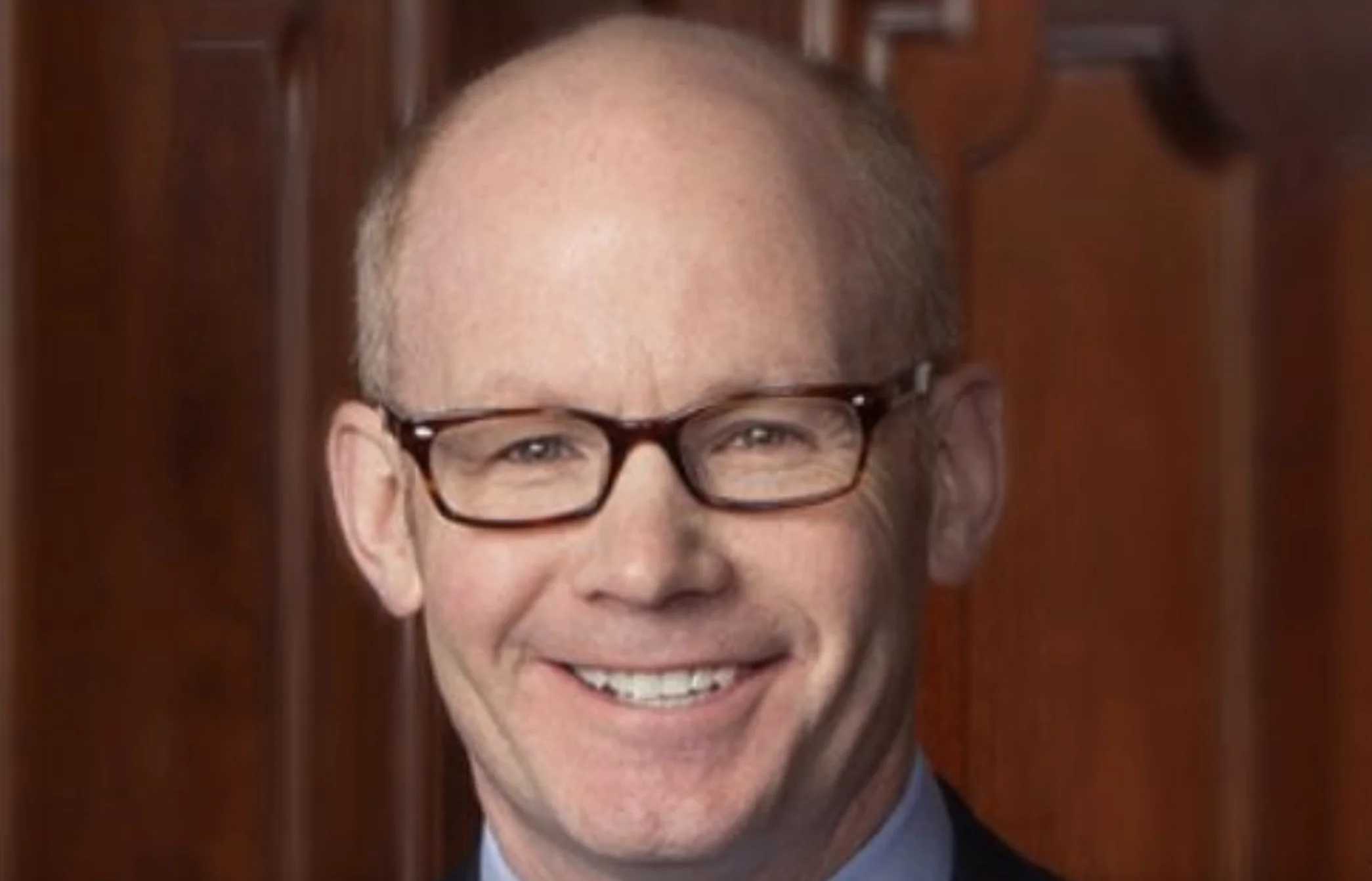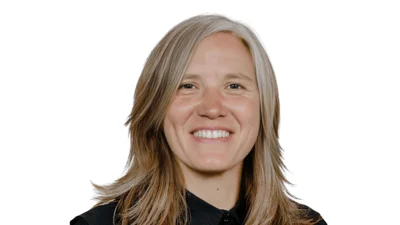Illinois Senate President Don Harmon, a Democrat from Oak Park, is backed by fellow Democrats after the Illinois State Board of Elections deadlocked 4-4 on whether to enforce a $9.8 million campaign finance fine. | Facebook / Senate President Don Harmon
Illinois Senate President Don Harmon, a Democrat from Oak Park, is backed by fellow Democrats after the Illinois State Board of Elections deadlocked 4-4 on whether to enforce a $9.8 million campaign finance fine. | Facebook / Senate President Don Harmon
The Illinois State Board of Elections deadlocked in a 4-4 partisan vote on Oct. 21 over whether to uphold a $9.8 million campaign finance fine against Senate President Don Harmon, leaving the unprecedented penalty temporarily unenforceable.
The case has drawn attention not only for its near $10 million fine that, if upheld, would be the largest in Illinois history—but also for its political implications, placing one of the state’s most powerful legislators at the center of a high-profile campaign finance dispute.
The tied vote reflects partisan divisions within the Board composed of four Democrats and four Republicans.
Harmon’s attorneys have insisted that the fine cannot be enforced unless the Board reaches a majority decision, and has pledged to challenge in court any attempt by the Board to collect it.
Democrats appeared sympathetic to Harmon’s legal argument, while Republicans sided with staff recommendations to uphold the fine.
The case centers on whether Harmon’s campaign illegally accepted donations beyond state limits after its self-funding exemption expired.
Illinois law lifts contribution caps only when a candidate self-funds over $100,000, but a report by the Board's hearing officer Barbara Goodman found that despite Harmon’s exemption expiring after the March 2024 primary, and following multiple warnings from the Board, the campaign kept taking millions in contributions without re-filing for an exemption.
After the campaign failed to comply with Board's March letter—ordering the funds to be returned or donated—the Board imposed the unprecedented fine.
Harmon argues the exemption lasts until 2026, claiming the law’s definition of “election cycle” was ambiguous, which Goodman rejected in her report.
Notably, Harmon who has served as Senate President since 2020, co-sponsored a bill amending the law he is accused of breaking.
Following the deadlock, Democratic Board member Casanda Watson suggested the Board dismiss the case and drop the fine.
Republican Board member McCrory pushed back.
“Maybe you feel differently. Member Watson, but for myself, I’d like some more information before I make that decision,” McCrory said at the Oct. 21 hearing, according to the Chicago Tribune.
Similarly, Republican board member Jack Vrett said he wanted the board to consider multiple options before taking further action, emphasizing a step-by-step approach.
“Give us a menu of options and let the board decide at a later date,” Vrett said. “So let’s come up with a road map for them to move it on to the next level, whatever that is.”
Further action on the matter has been delayed until the Board’s next scheduled meeting on Nov. 18 to allow additional time for legal review.
The ultimate outcome could set an important precedent for how Illinois interprets and enforces campaign finance laws in the future, particularly regarding the mechanics of self-funding exemptions and contribution caps.
The fine stems from allegations that Harmon’s campaign accepted roughly $4 million above legal limits in contributions after the March 2024 primary.
At the center of the dispute is the state’s self-funding exemption, which allows candidates who contribute more than $100,000 of their own money to lift contribution caps for all donors in a race.
Harmon’s campaign invoked the exemption in January 2023, loaning his committee $100,001.
But according to Goodman's Oct. 7 report, the exemption legally expired after the March 2024 primary, concluding that Harmon’s committee “inexplicably” changed its approach after the primary and “either changed its interpretation of the time period for the lifting of the contribution limits or simply chose to ignore them.”
The report also highlighted that Harmon’s campaign had followed the rules properly in prior election cycles from 2020 to 2024, making the post-primary violations especially striking.
Candidates with unpaid fines can be disqualified from appearing on the ballot. Harmon is expected to run for re-election in 2026.
In September, his campaign reported $16.5 million on hand, which would cover the fine if required.
Harmon, a Democrat from Oak Park, has served as Senate President since 2020. A Democrat from Oak Park, he represents the 39th Senate District, which includes Chicago's Austin neighborhood and the suburbs of Oak Park, Addison, Bensenville, Elmwood Park, Franklin Park, Melrose Park, Northlake, River Grove, Rosemont, Schiller Park and Stone Park.
He was first elected to the State Senate in 2002.






 Alerts Sign-up
Alerts Sign-up